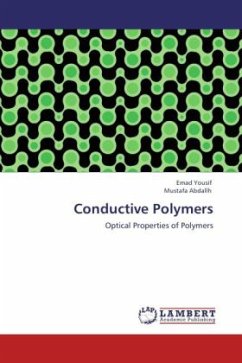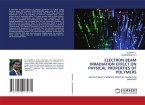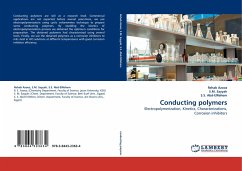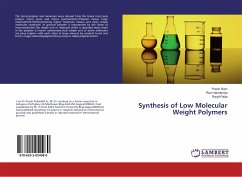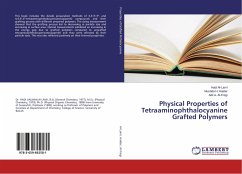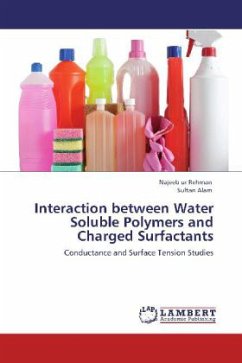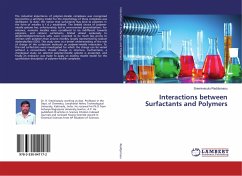Conductive polymers are organic compounds that conduct electricity. Such compounds may be true metallic conductors or semiconductors. It is generally accepted that metals conduct electricity well and that organic compounds are insulating, but this class of materials combines the properties of both. The biggest advantage of conductive polymers is their processibility. Conductive polymers are also plastics (which are organic polymers) and therefore can combine the mechanical properties (flexibility, toughness, malleability, elasticity, etc.) of plastics with high electrical conductivities. Their properties can be fine-tuned using the exquisite methods of organic synthesis. Different additives are usually added to polymer in order to modify and improve its properties. Inorganic additives such as transition metal salts have considerable effect on the optical and electrical properties of polymers.

